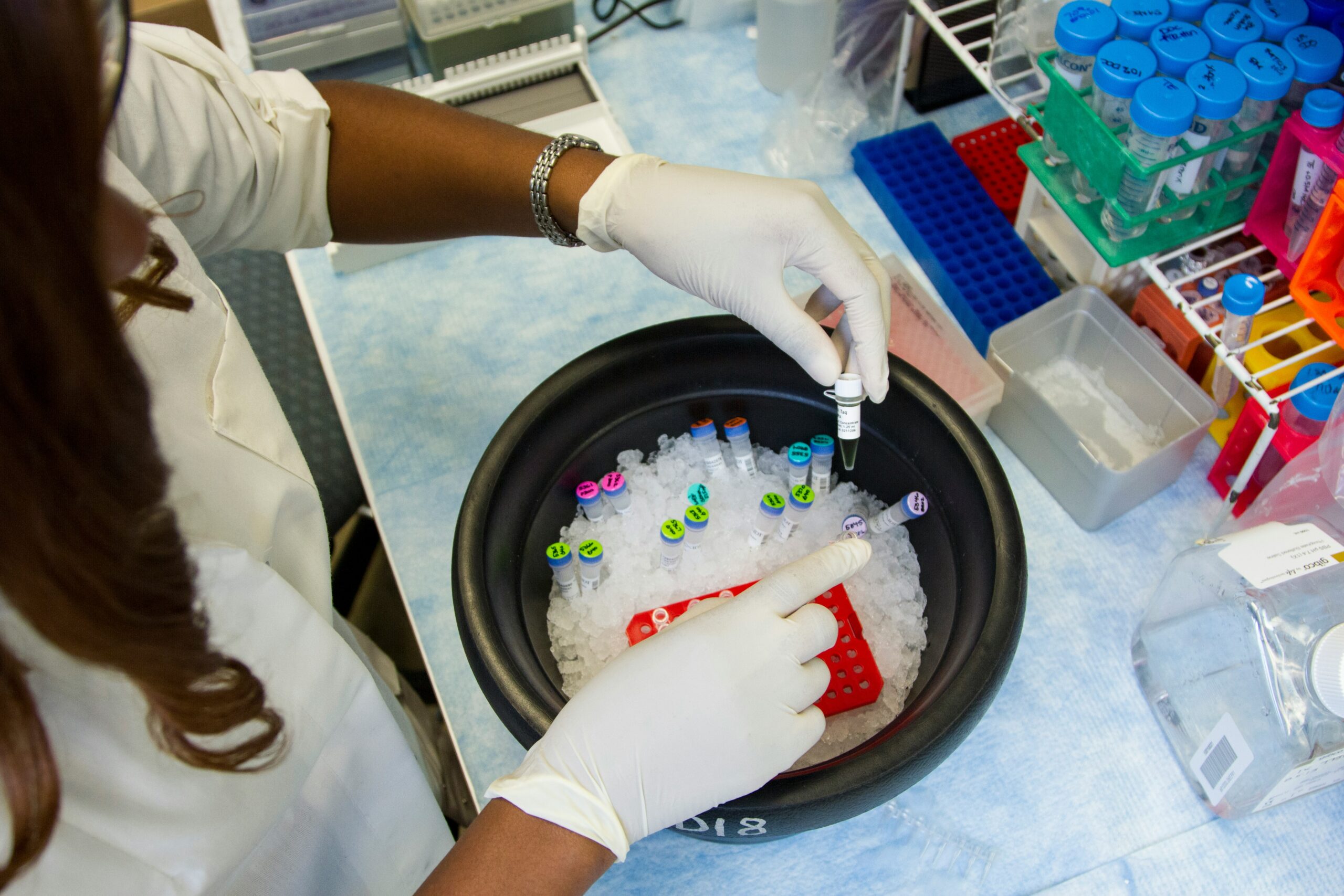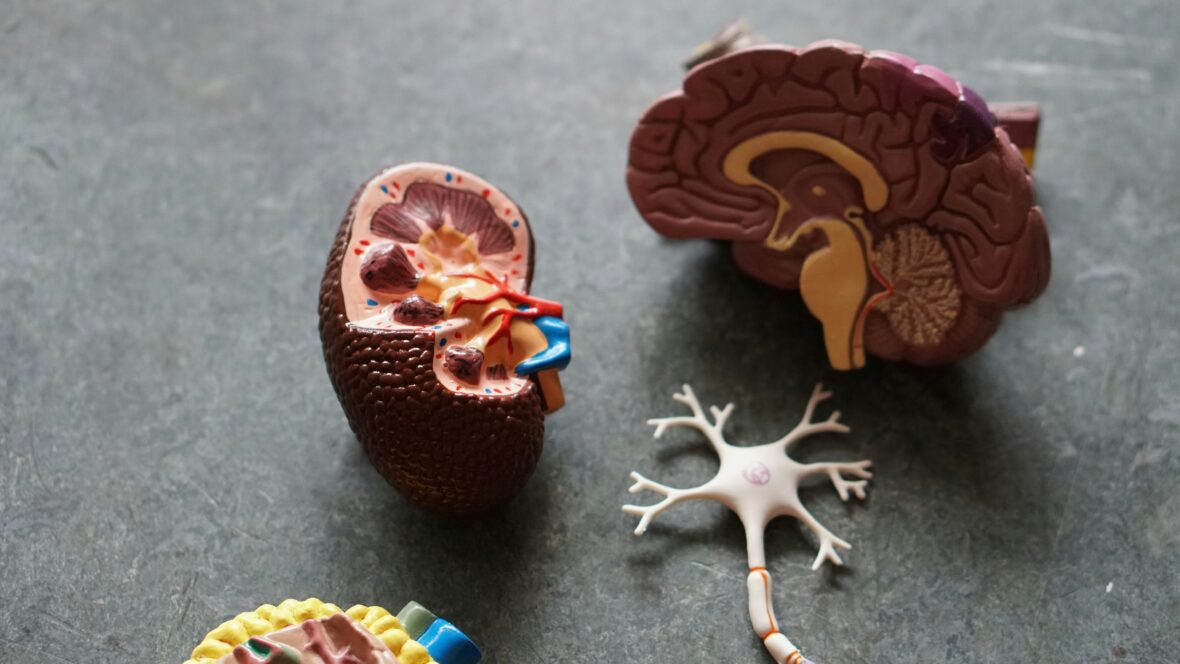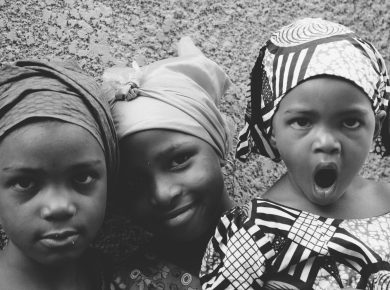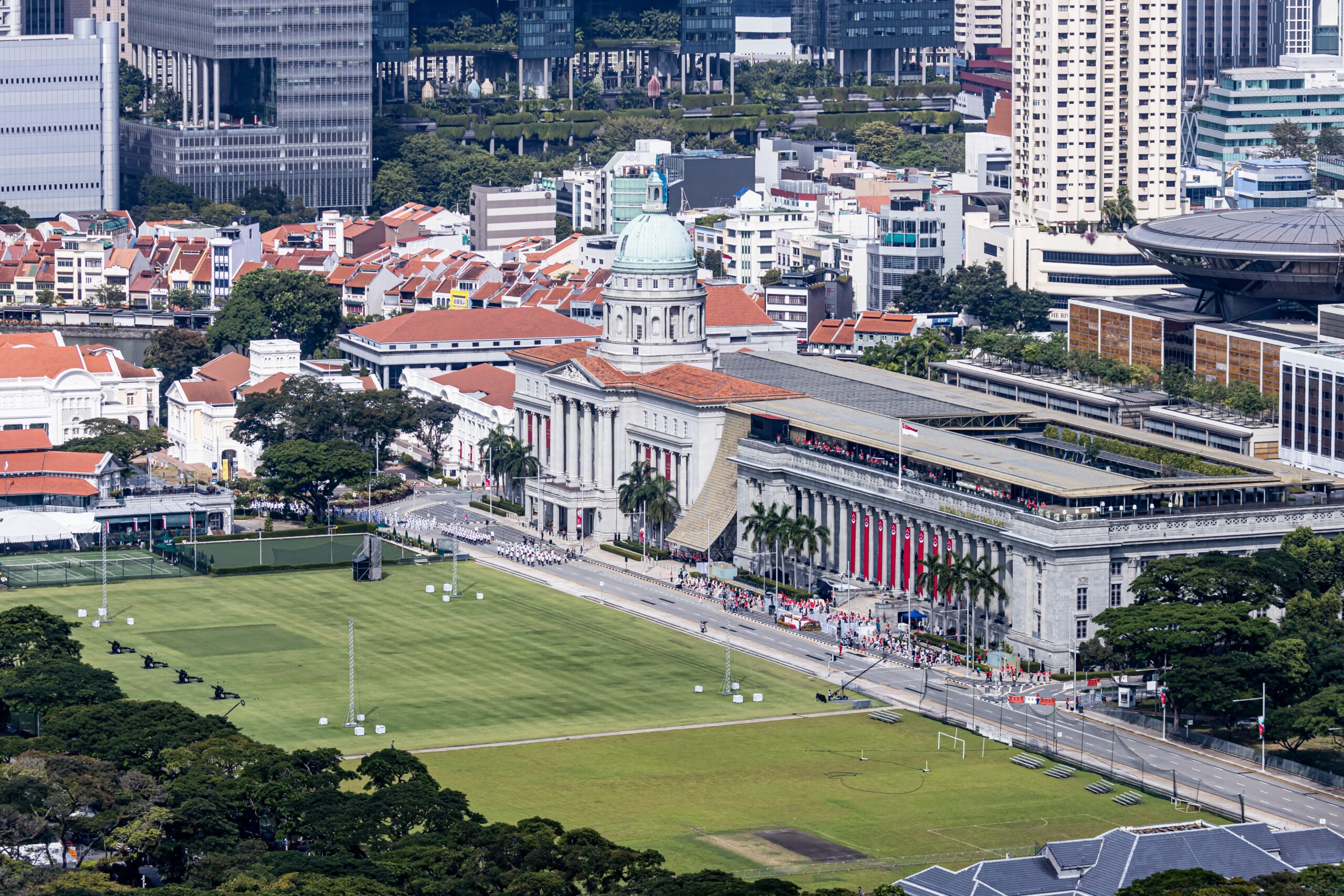Biology is designed to produce graduates who are well-grounded in the Knowledge of Biology and adequately equipped to manage the private sector and the public sector business environment.
The programme is also designed to produce graduates who can compete favourably with their counterparts in the global market as well as undertake post-graduate programmes leading to the award of a Post Graduate Diploma in Biology.
This development will also help in other fields of study.
BIO 111: Lower Plants 3R
The broad outline of the classification of plants, including systems of classification (modern). Major plant divisions represent different types of Bacteria, Fungi, algae, Lichens, bryophytes, pteridophytes, and Viruses as a special form of life.
BIO 112 Invertebrates 3C
Systematics, Inter-relationships and Basic Organization of the invertebrates.
BIO 113 Ecology 3R
Basic concepts of ecology and its terminology. Biotic and Abiotic factors of fresh water. Marine, Mangrove and ecosystems. Pollution, including control methods and resource conservation.
BIO 114 Biology Practical I 3E
Practicals of Lower Plants, Invertebrates and Ecology.
BIO 115 Biology Methodology 3C
Aims and Objectives of Biology Teaching in SSS. Relationship of Biology to other Science subjects.

BIO 121 Histology 3R
Structure, formation, distribution and functions of plant and animal tissues, Microstructure of the kidney, small intestine, liver, pancreas, ovary, Testis and spinal cord.
BIO 121 Vertebrates 3C
Classification, Inter-relationship and basic organisation of the vertebrates.
BIO 123 Genetics 3C
Heredity and environment. Menders work on peas. Meaning of terms: genotype, homozygous and alleles. Monohybrid and Dihybrid crosses.
BIO 124 Cell Biology 3R
A brief history of the concept of cell theory. The structure of a typical plant and animal cell and their comparison. A brief history of the concept of the cell and cell theory.
The structure of a typical plant and animal cell and their comparison. Cytoplasmic organelles, protoplasm and its properties, nucleus, endoplasmic reticulum, and membrane, mitochondria, ribosomes, Golgi complex, and lastly lysosomes.
Chemical constituents of cells, salts, carbohydrates, amino acids, proteins, fats and oils, nucleic acids. Physical processes of the cell, cell division, mitosis and meiosis.
BIO 125 Biology Practical II 3C
Practicals of Histology, Ecology, Genetics and Cell Biology.
BIO 211 Lower Plants 11 3R
Morphology, life cycles, ecology and economic importance of viruses, bacteria, fungi, algae, bryophytes, and pteridophytes. Systematics, Inter-relationships and basic Organisation of the invertebrates.
BIO 212 Invertebrates 11 3R
Structure, Biology and economic importance of selected invertebrates.
BIO 213 Plant Physiology 3C
Enzymes, Carbohydrates and Fat Metabolism. Biochemistry of respiration. Photosynthesis. Trans location, structure and the effect of plant growth hormone on plants. Germination and seed dormancy
BIO 214 Biology Practical ID 3C
Practicals of Lower Plants, Invertebrates and Plant Physiology.
BIO 221 Vertebrate 3C
Comparative anatomy, morphology, and physiology of selected examples of vertebrates.
BIO 222 Higher Plants 3C
Vegetative and reproductive morphology of seed plants. Phylogenetic trends.
BIO 223 Animal Physiology 3R
Homeostasis: Self-regulating mechanisms and cybernetic system. Comparative account of the structure and evolution of vertebrate heart circulation. Physiology of mammalian reproduction with special reference to man.
BIO 225 Biology Method II 3C
Teaching techniques of methods. Micro teaching, an improvisation of aids in psychology.
BIO 311 Parasitology 3E
Basic principles of parasitism. Biology of parasites in selected groups of invertebrates. Life history of parasites with special reference to West African species.
BIO 312 Microbiology 3C
Structure, morphology and taxonomy of bacteria, fungi, viruses, and Rickettsia, classification, methods. Growth and metabolism of micro-organisms. Ecology, distribution and roles of micro-organisms. Pathogenesis of microbial diseases.
BIO 313 Genetics 3
Chromosome theory of inheritance, incomplete dominance, DNA and genetic code. Sex chromosomes, Mutation, and Applied genetics. Selection, polyploidy, out-breeding and inbreeding are examples of plants and animals among polyploidy.
BIO 314 Embryology 3E
[a] Plant Embryology
Angiosperms, endosperm development, apomixis, polyembryonic, and seed formation..
[b] Animal Embryology
Frog and Cick [up to 72 hours]. Mesoderm formation. Development of the nervous system. Body form, formation of the heart, and the digestive system.
Importance of yolk in development. Development of the human embryo up to birth. Changes at birth.
BIO 315 Algology and Bryology 3R
The taxonomy, structure, reproduction, ecology and economic importance of the algal divisions and Bryophyta
BIO 316 Mycology 3E
Classification, Morphology, physiology, ecology, and economic importance of fungi.
BIO 317 Biology Practical V3C
Practicals of parasitology, microbiology, Embryology, Algology, bryology and Mycology.
BIO 321 Economic Botany 3R
Importance of plants and plant products to mankind. Economic classification of fibres. Their major sources and uses.
Types of wood, timber, their mechanical properties and uses. Forest products like gum, resin, starch, oils, cellulose and dyes. Paper and rubber industry. Important medicinal plants.
BIO 322 Molecular Biology 3R
Genetic dine structure analysis in Drosophila, Neurospora, Bacteria and viruses. DNA replication. Biochemical and Nucleic Acid genetics, structure and function of DNA and RNA, genetic recombination and replication in macromolecules.
Evidence for a semi-conservative replication of DNA, etc. Genetic control of protein synthesis. The evolution of genetic systems.
BIO 323 Aquatic Biology and Fisheries 3R
Abiotic properties of water. Studies of fresh water, brackish water and marine habitats. Introductory hydrological techniques, finfish and shellfish. Families of economic importance in Nigeria. Fishing techniques and introductory aquaculture pollution.
BIO 324 Animal Behaviour 3E
Social behaviour, courtship behaviour. Evolution and function of behavioural patterns.
BIO 325 Biology Practical VI 3C
Practicals of Economic Botany, Cell Physiology, Molecular Biology, Aquatic Biology and Fisheries, Animal Behaviour
BIO 326 Curriculum in Biology 3C
Goals, aims, and objectives of science teaching in schools. Breaking of the Biology curriculum into syllabus, scheme of work, lesson plan and lesson notes. Microteaching.
BIO 411 Advanced Ecology 3E
Aulecology, synecology, succession, population Ecology. Major biomes of the world. Ecosystems Adaptations. Ecology and Man.
BIO 412 Bio-statistics 3R
Variables, populations and samples, parameters, measures of central tendency. Mean and mode, measurement of variation, standard deviation, variance, and standard error.
Analysis of variance, probability theory and distributions, experimental designs and errors. Correlation and Regression.
BIO 413 Entomology 3E
Origin and phylogeny of insects. Insect physiology, Economic importance of insects. Biology and control of selected region crop pests, stored products pests, and vectors of diseases in man and domestic animals.
BIO 414 Plant Pathology 3C
Concepts of diseases, infection, host-parasite relations, study of important plant pathogens, and control measures and special references to local plant diseases.
BIO 415 Biology Practical VII 3C
Practicals of Advanced Ecology, Bio-statistics, Entomology and Plant Pathology.
BIO 421 Advanced Taxonomy of Angiosperms 3R
System of classification, origin of Angiosperm Herbarium methods and organisation. Description of at least fifteen families’ dicots and monocots. Description of at least fifteen families of dicots and monocots.
BIO 422 Laboratory Management and Technique 3R
Micro-techniques, Preservation of biological materials. Herbarium practice. Safety in the laboratory. Preparation of the solution.
BIO 423 Cytogenetics 3E
Chromosome structure and function, sickle cell and Rh-factor. Non-disjunction of chromosomes. Chromosomal aberrations. Crossing over.
BIO 424 Evolution 3R
Origin of Life: Mutation as the raw material of evolution. Evidence and theories of evolution. Origin of Species: Evolution of Man.
BIO 425 Biology Practical VIII 3C
Practicals of Advanced Taxonomy of Angiosperm, Laboratory Management and Techniques, Cytogenetics, and Evolution.
BIO 426 Research Project 4C
A research project involving an investigation in Biology and a written presentation and discussion of results.
Master’s Degree (MSc) in Business Administration
The master’s degree programme is designed to carry out further research on the knowledge and training the students have received in their first degree.
The department of the university will prescribe the courses you will offer throughout your time in the degree.
The courses will be selected from the courses in the first degree for further studies before the Master’s dissertation (Project). The topic of the project will be discussed with your assigned supervisor (s).
Minimum Tenure of the Programme: The tenure for the Master’s degree programme for Business Administration is a minimum of four (3) Semesters full-time and 4 semesters for a part-time programme.
Evaluation of the MSc Candidates: The minimum units for graduation should be 30, including the dissertation/thesis.
The average mark for the programme is based on grades scored in all the courses taken, including the project. Examination grades in each course are recorded as percentage marks, and are interpreted as follows:
Doctor of Philosophy (PhD) in Business Administration
The PhD programme should normally not be less than 4 semesters (2 years) from the first date of registration.
Also, for this programme, a period of study originally approved for the 3-semester master programme may be accepted as satisfying a specific part of the period of study for the PhD.
In no circumstances, however, may a period exceeding 12 calendar months be waived for candidates. A programme is a combination of coursework work research.
Requirements for PhD
Candidates for admission to the programme shall possess the following:
- Those initially registered for the MSc or MPhil/PhD conversion programme of the department and who have obtained a total weighted average mark of at least 60% in the course examinations and projects at our university or any recognised university.
- Candidates admitted to the programme will be required to take certain courses at the 700/800 levels, as the case may be, in their areas of interest.
- Students are required to refer their research proposal to an examination panel as recommended by the department and give department seminars on their PhD research work.
Each PhD student shall present at least two seminars during his/her programme of study. The first seminar shall be presented at the research proposal stage, and the second shortly before the registration of the title of the thesis.










